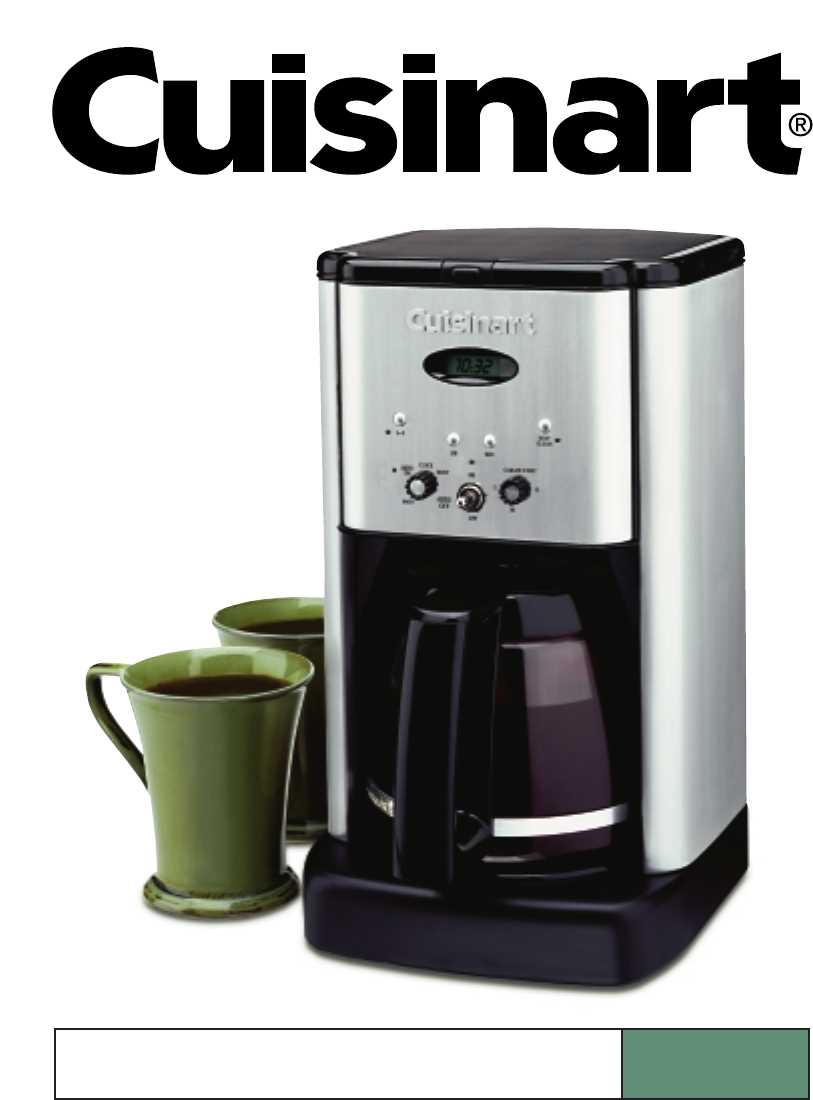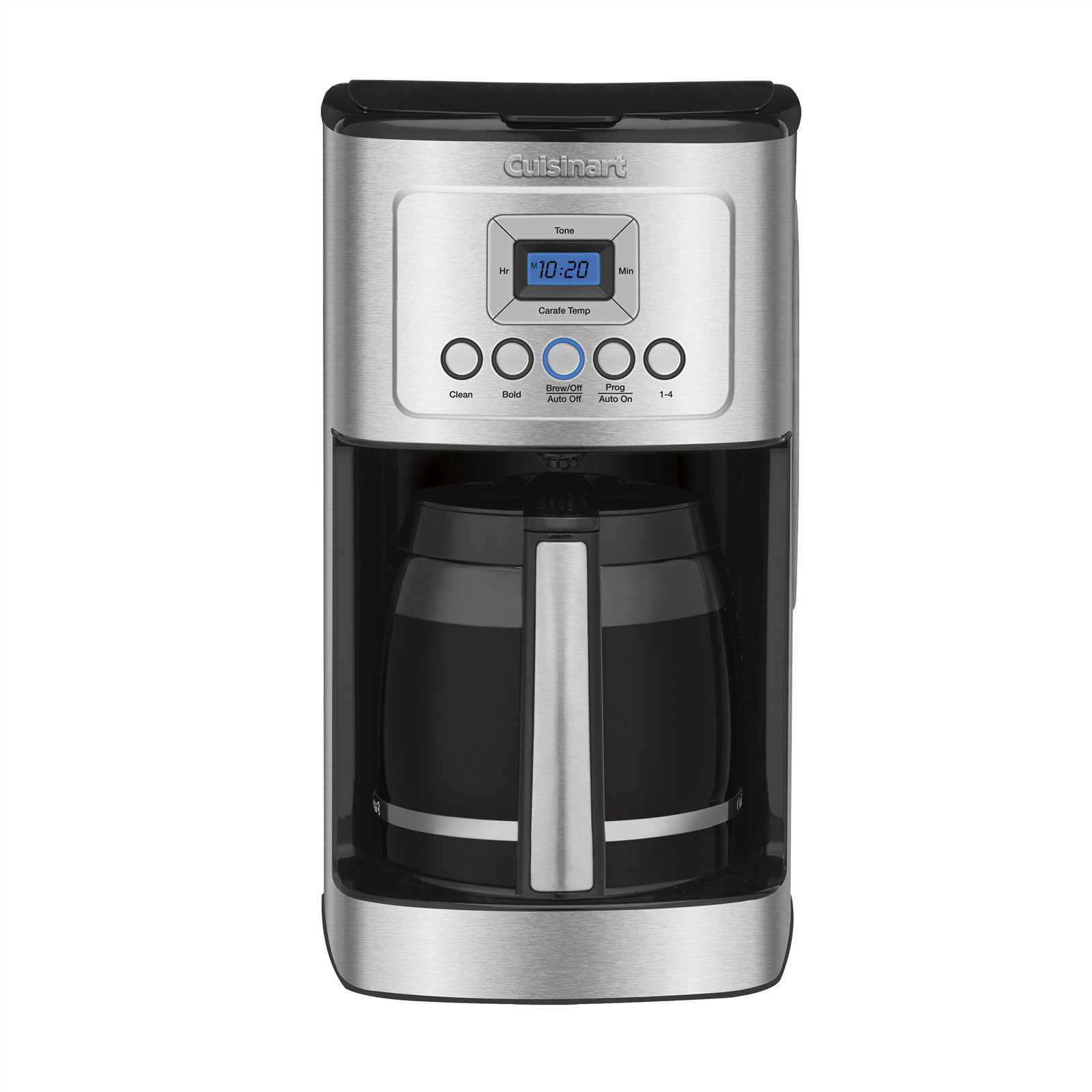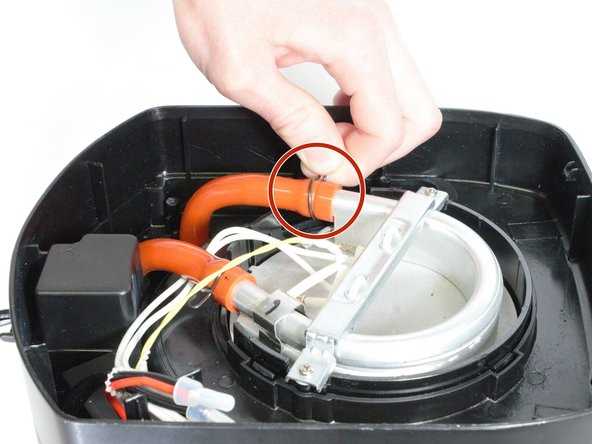
Understanding the inner workings of your kitchen appliances can enhance both their maintenance and performance. With a closer look at the internal setup, it becomes easier to identify various elements that contribute to their smooth operation. Each section plays a vital role, ensuring reliable functionality for your daily routine.
By breaking down the essential elements and studying how they interact, one can gain valuable insights into the structure of such devices. Knowing the purpose of these different elements will not only help in troubleshooting but also in extending the lifespan of the appliance through better care and proper handling.
In this article, we will provide a detailed overview of these components, helping you familiarize yourself with their function and significance in keeping your device in top shape. Whether you’re looking to maintain, repair, or simply understand the equipment better, this guide will offer clarity and guidance.
Exploring Key Components of the Machine
Understanding the fundamental elements of this coffee brewing device can greatly enhance both its maintenance and overall performance. Each component has a specific function that contributes to the machine’s efficient operation, and learning about these can help users ensure long-term durability and functionality.
Internal Heating System
At the core of the machine’s operation lies the heating mechanism, responsible for maintaining optimal water temperature. This component is designed to ensure consistent heat distribution, crucial for producing high-quality beverages. It is typically composed of durable materials that can withstand extended use, making it a vital part of the device’s functionality.
Water Reservoir and Filtration
The water reservoir serves as the storage for liquid used in the brewing process. Paired with a filtration system, it gu
Understanding the Brew Mechanism
The process of preparing a perfect cup of coffee relies on the harmonious interaction of several internal components. These elements work together to ensure water is heated to the ideal temperature, flows smoothly through the grounds, and extracts the rich flavors. Grasping how these pieces operate provides insight into the entire brewing cycle.
Key Elements in Brewing
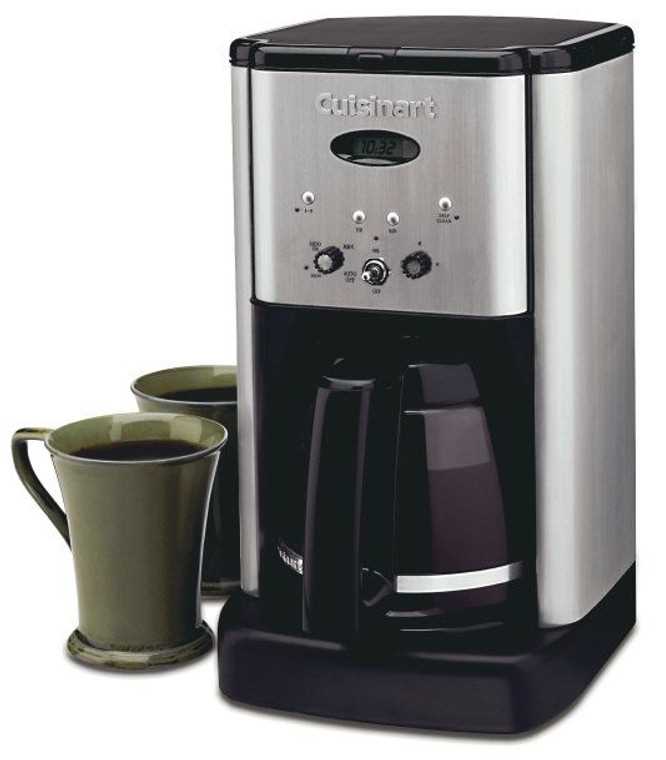
At the heart of this system is the water heating and distribution section. Water is pulled from the reservoir, heated, and then passed through the filter chamber where it meets the ground coffee. Precise timing and temperature control are critical here, ensuring that the water extracts the desired essence without over or under-brewing.
Water Flow Path
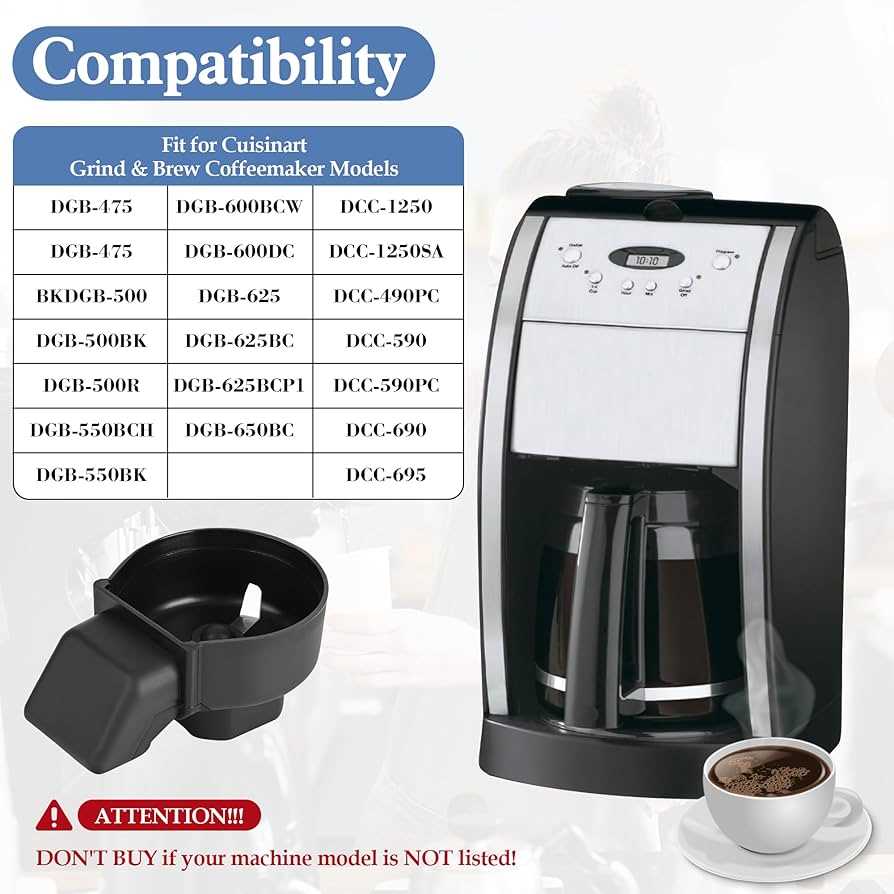
Another important aspect of the mechanism involves how the water flows through various channels. These channels are carefully designed to regulate the pressure and speed at which water travels. Consistent water distribution ensures even saturation of the coffee grounds, leading to a balanced flavor in every cup.
| Function | Description |
|---|---|
| Filtration | Removes unwanted particles from the brewed liquid. |
| Taste Enhancement | Improves the overall flavor by reducing bitterness. |
| Maintenance | Allows for easy cleaning and replacement of filter components. |
Water Tank and Reservoir Overview
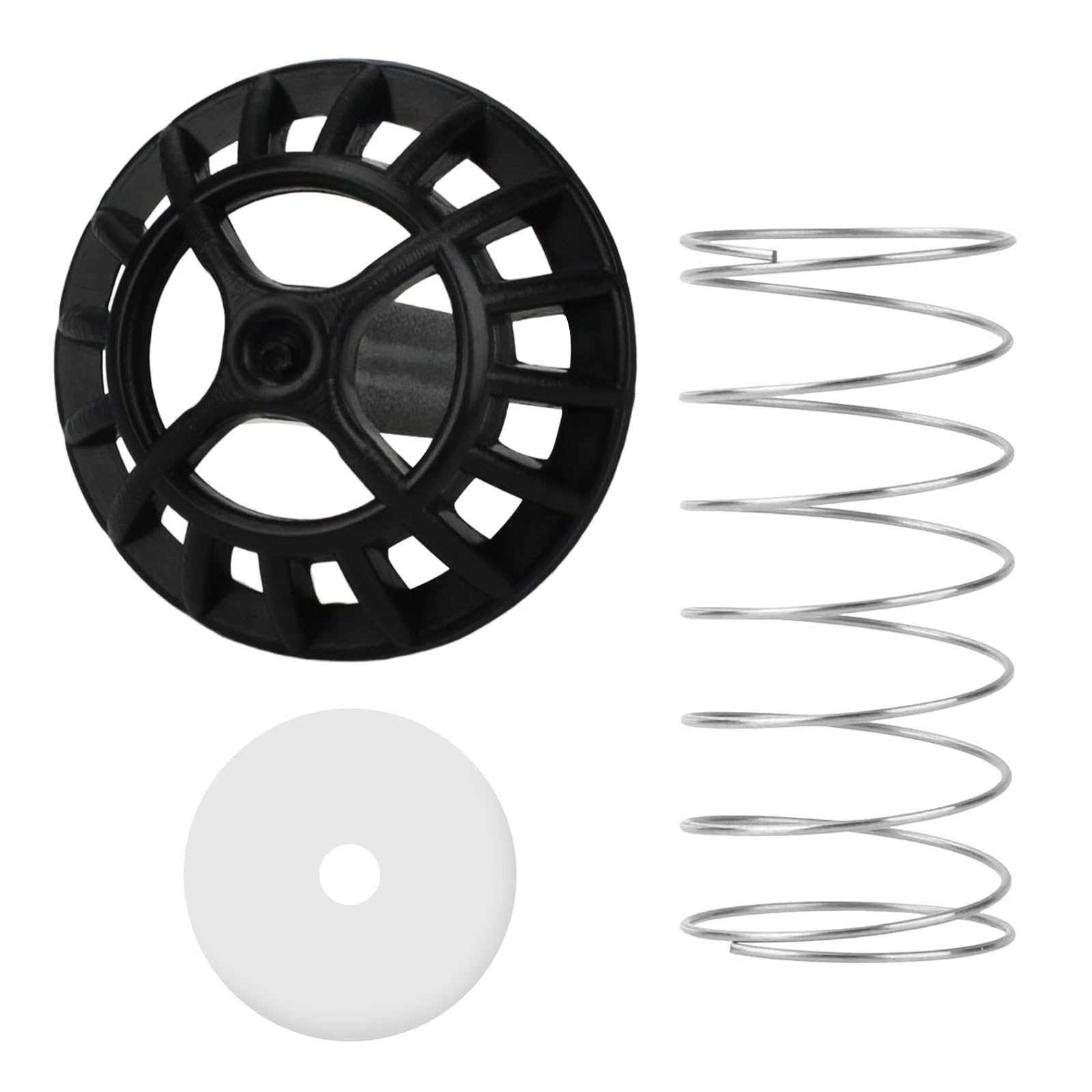
The water tank and reservoir play a crucial role in the functionality of coffee brewing appliances. These components are designed to hold the necessary amount of liquid required for the brewing process, ensuring that each cup is prepared efficiently. Their construction and capacity directly influence the performance and convenience of the machine.
Typically crafted from durable materials, the reservoir is designed for easy filling and cleaning. Some models may feature a transparent design, allowing users to monitor the water level conveniently. Proper maintenance of these parts is essential for optimal operation and longevity of the device, as any buildup of minerals or residue can affect the quality of the beverages produced.
Analyzing the Role of the Carafe
The carafe serves as a crucial component in brewing systems, playing a significant role in the overall functionality and user experience. Its design is not merely aesthetic; it enhances the brewing process while ensuring optimal serving capabilities.
Material Considerations
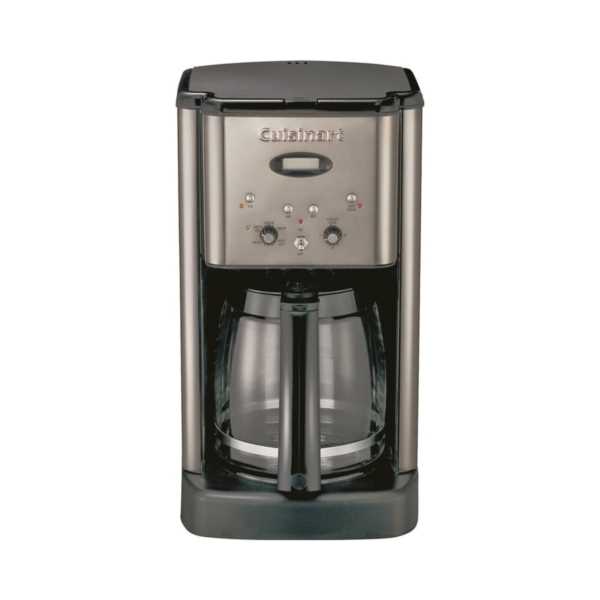
The choice of materials for the carafe impacts both durability and thermal retention. Commonly made from glass or high-quality plastics, each material offers unique advantages. Glass models often provide a classic look and excellent heat retention, while plastic variants are lightweight and less prone to breakage.
Impact on Brewing Efficiency
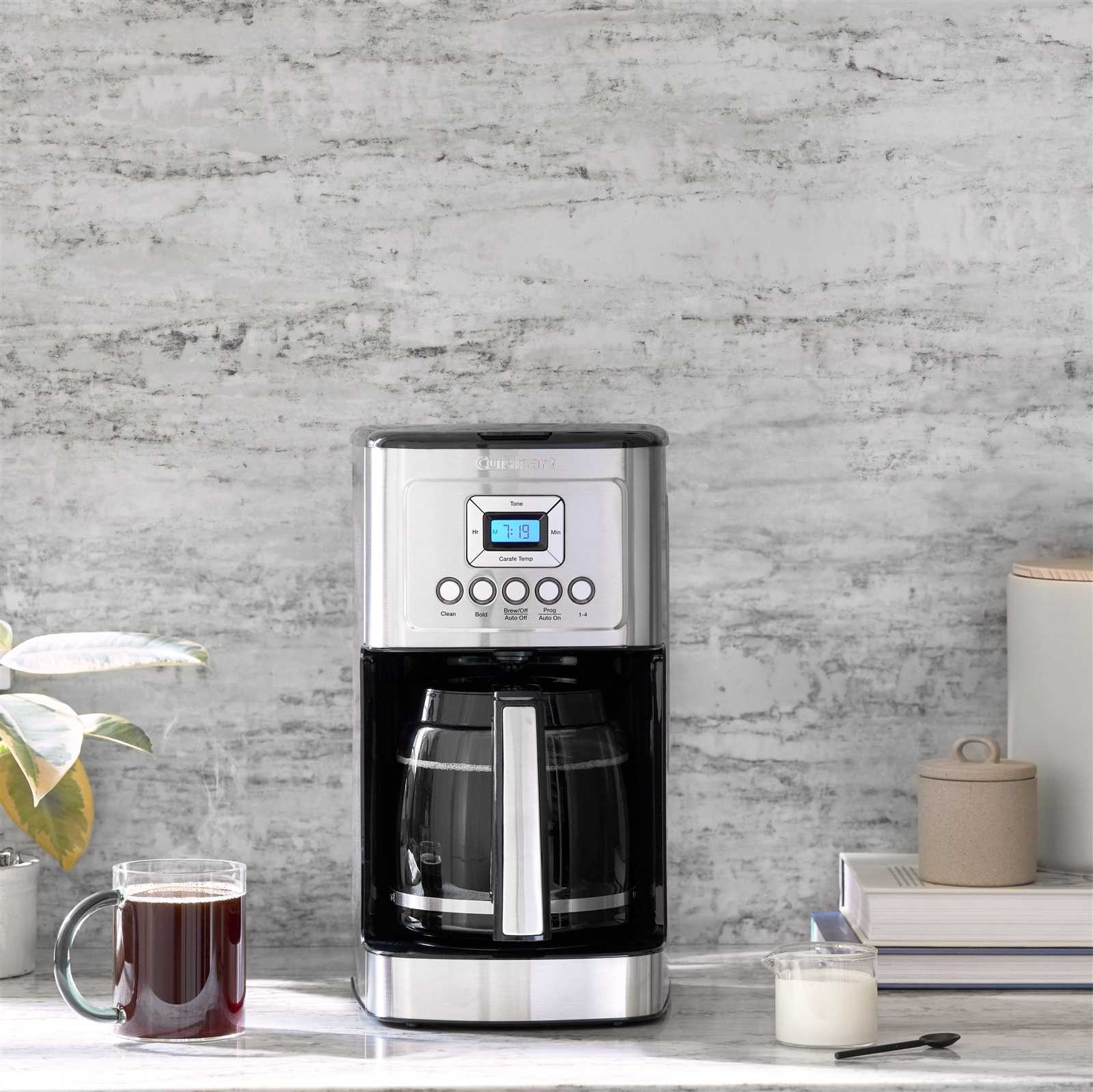
The shape and capacity of the carafe can influence the extraction process. A well-designed vessel allows for even heat distribution, facilitating proper brewing. Furthermore, the carafe’s size affects how much beverage can be served at once, making it an essential consideration for both personal use and entertaining guests.
Insights into the Drip Stop Valve
The drip stop valve is a crucial component designed to enhance the brewing experience. This mechanism serves to prevent unwanted leakage, ensuring that the brewed beverage flows smoothly into the carafe while minimizing mess. Understanding its function can improve user satisfaction and the overall efficiency of the brewing process.
Functionality and Benefits
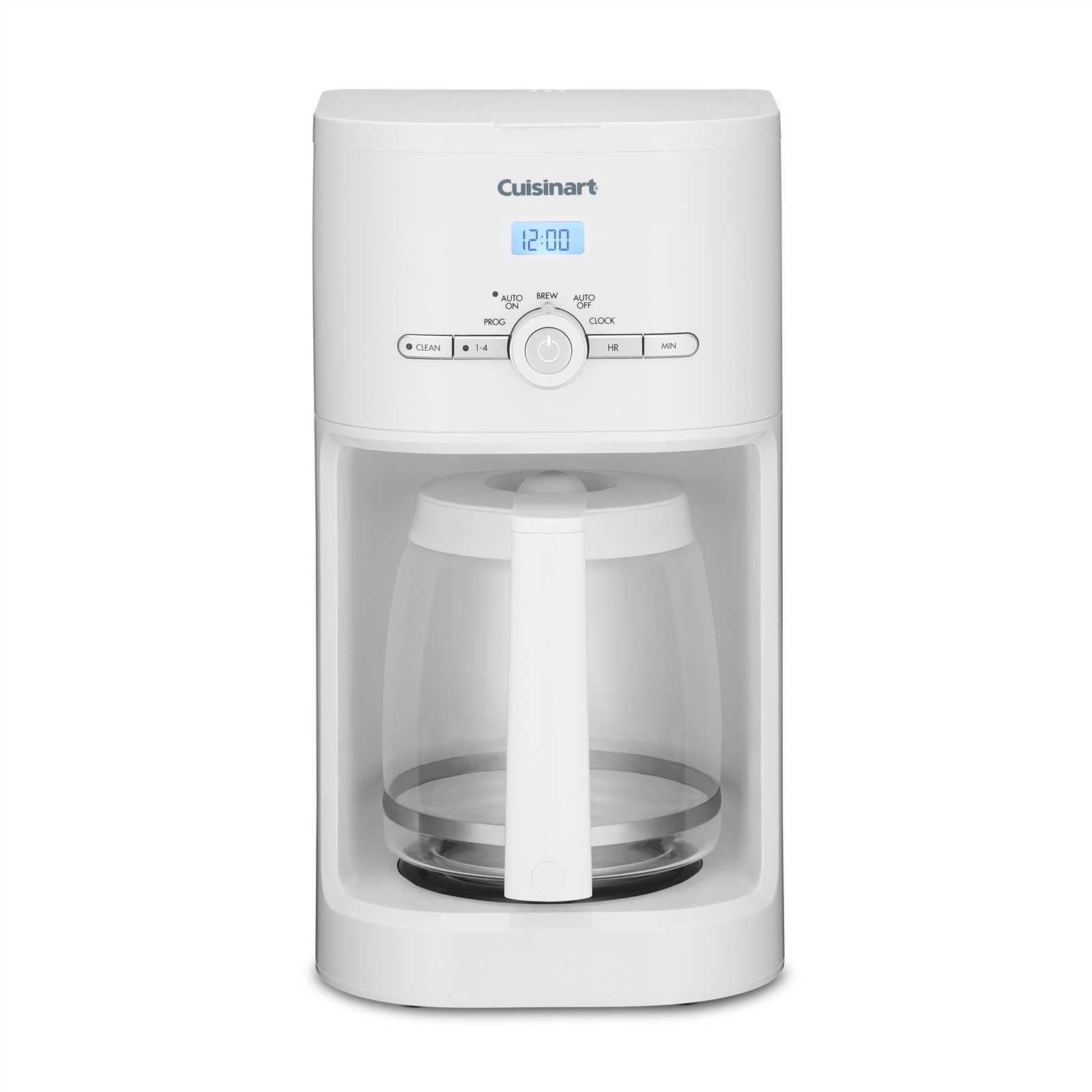
This valve operates automatically, responding to the movement of the coffee pot. When the carafe is removed, the valve closes to halt the flow of liquid, thereby preventing drips from occurring on the heating plate. This not only keeps the countertop clean but also protects the appliance from potential damage caused by spills.
Common Issues and Maintenance
Like any mechanical component, the drip stop valve may encounter issues over time. Clogging or wear can lead to improper functioning. Regular cleaning and inspections can help maintain optimal performance. If problems persist, replacement of the valve may be necessary to ensure continued efficiency.
| Issue | Possible Cause | Solution |
|---|---|---|
| Leakage | Clogged valve | Clean the valve thoroughly |
| Inconsistent flow | Worn-out parts | Replace the valve |
| Difficulty closing | Obstruction | Clear any debris |
Inspection of the Base and Support Parts
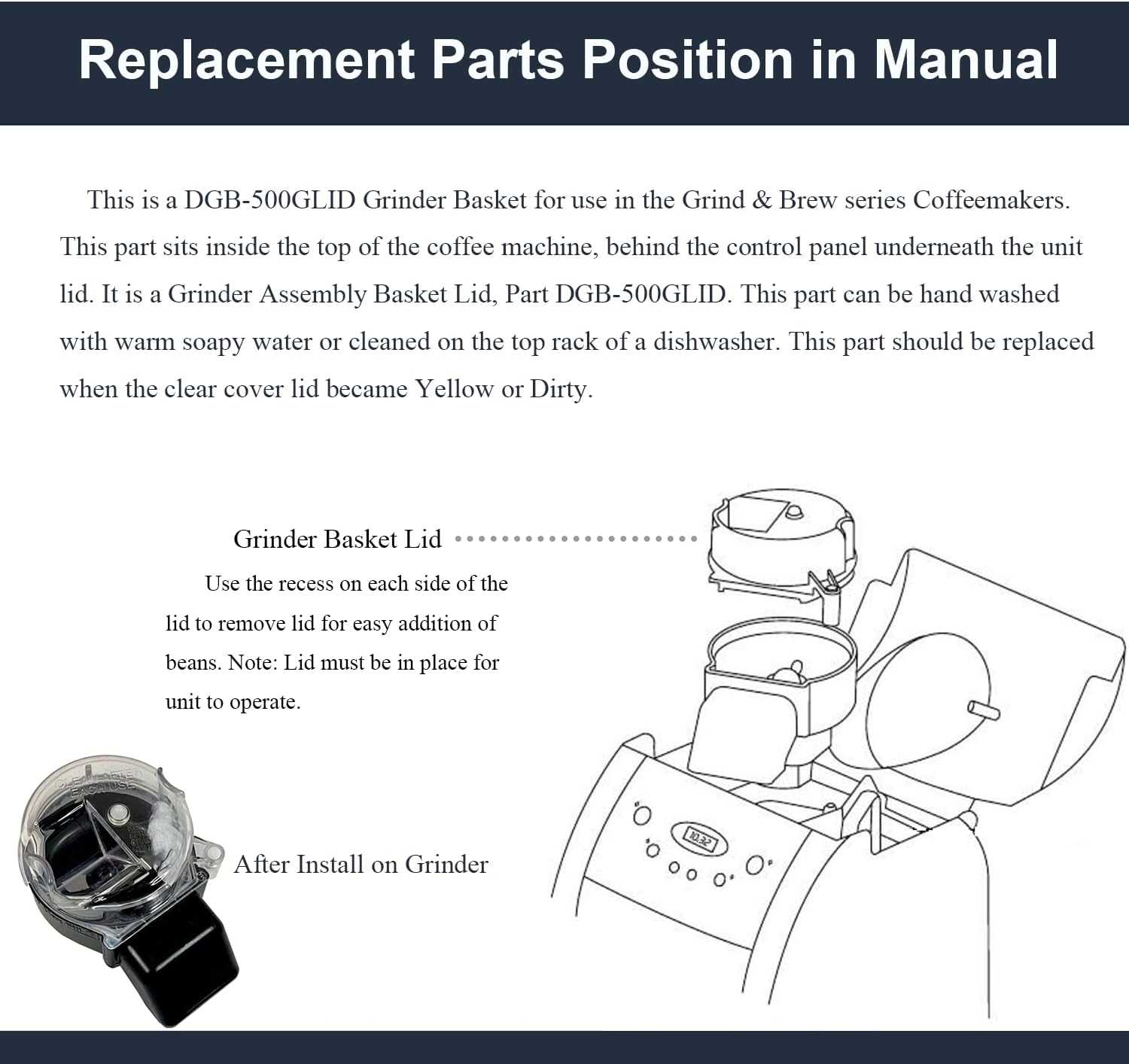
Examining the foundational elements and supporting structures of an appliance is crucial for ensuring its functionality and longevity. These components are essential for stability and proper operation, making it necessary to regularly check for wear and damage.
Understanding the Structure
The base serves as the primary platform, providing support and stability during use. Inspecting this section involves checking for cracks, warping, or any signs of deterioration that could impact performance. Additionally, the support elements, which often include brackets or feet, should be examined for secure attachment and adequate cushioning to prevent slips and maintain balance.
Maintenance and Care
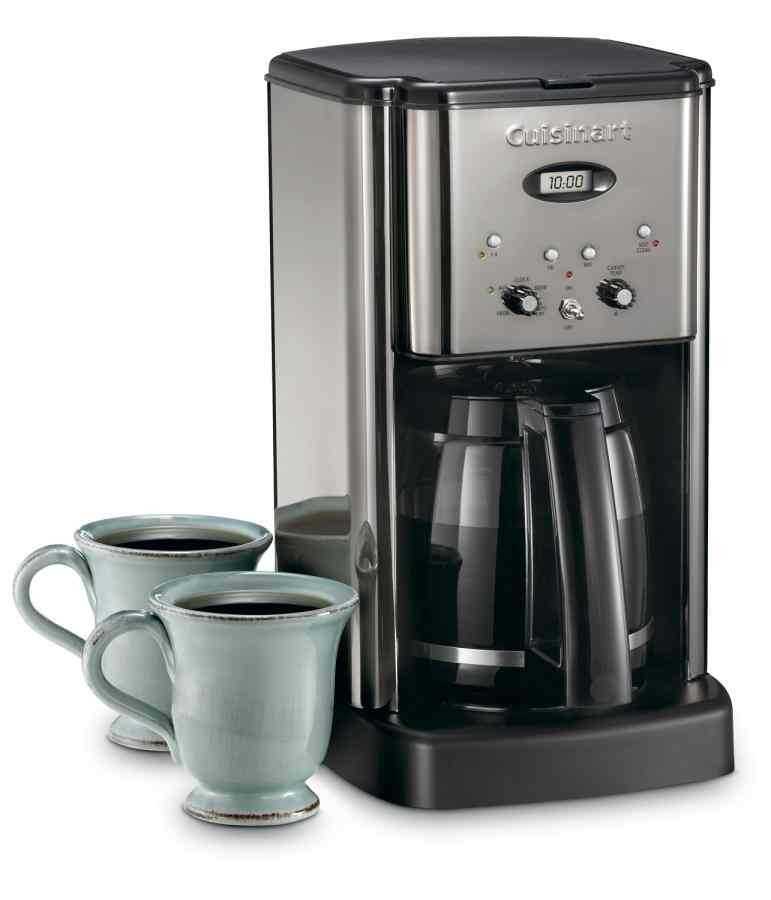
Regular maintenance is vital for preserving the integrity of these foundational components. Cleaning should be performed to remove any debris or buildup that may affect stability. In cases of damage, timely replacement or repair can prevent further issues and ensure optimal operation. By focusing on these areas, users can enhance the appliance’s efficiency and lifespan.
Examining Electrical Wiring Layout
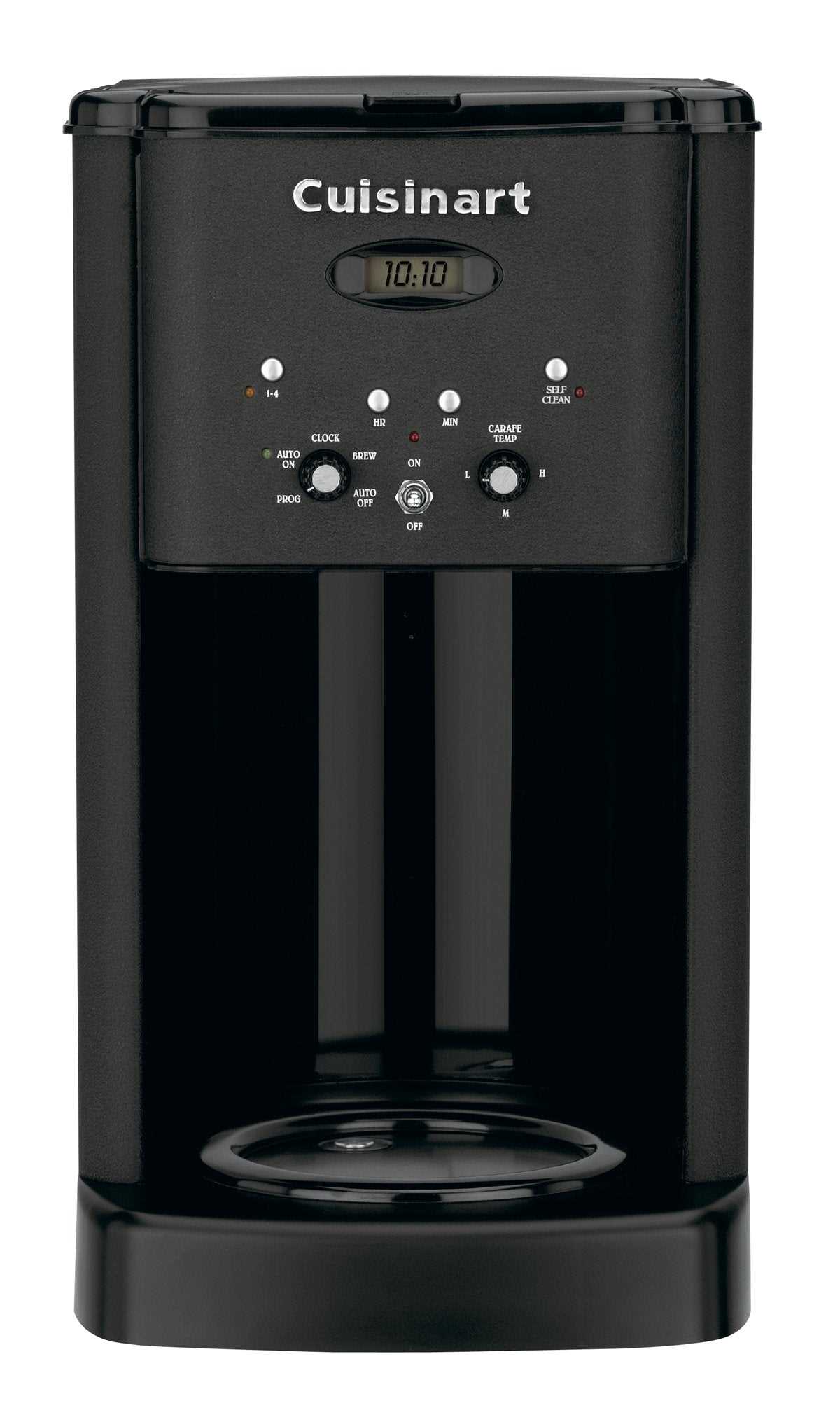
Understanding the arrangement of electrical connections is crucial for effective device operation. Analyzing how components interconnect can reveal insights into functionality and potential issues. This examination aids in recognizing the flow of current and the roles of various elements within the system.
A thorough review of the wiring configuration allows for better troubleshooting and maintenance. Each segment of the circuitry serves a specific purpose, and identifying these roles enhances comprehension of the overall design. Recognizing the layout can also facilitate efficient repairs and modifications, ensuring optimal performance over time.
Moreover, familiarity with the electrical setup empowers users to make informed decisions regarding upgrades or replacements. Awareness of how elements are linked not only promotes safety but also encourages a deeper appreciation for the intricacies involved in modern appliance engineering.
Locating the Power Switch Components
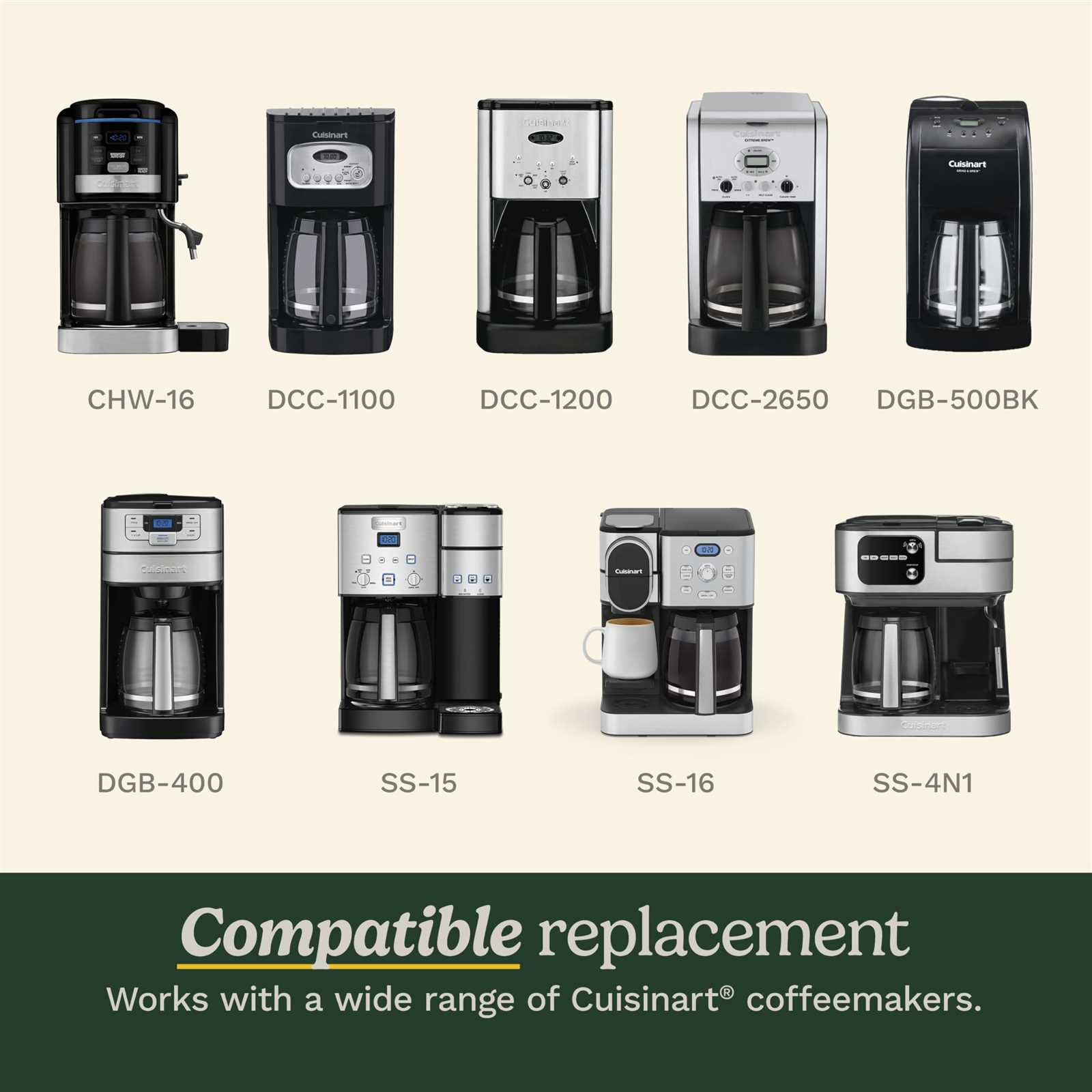
Understanding the functionality of a beverage maker involves identifying key components that facilitate its operation. Among these, the power activation mechanism plays a crucial role in controlling the appliance’s energy supply. This section delves into the process of finding and examining the elements associated with the power control system.
Firstly, locate the exterior casing of the unit, which serves as the primary barrier protecting the internal components. The activation switch is typically positioned on the front panel, making it easily accessible for user interaction. It is essential to ensure that the appliance is unplugged before proceeding to avoid any electrical hazards.
Next, carefully remove the outer shell to gain access to the internal workings. The switch mechanism will likely be connected to a series of wires leading to the power supply. Pay attention to the wiring layout, as this will aid in understanding how the switch integrates with the overall system. Identifying the connection points can provide insight into potential issues that may arise, such as electrical failures or intermittent functionality.
Finally, once you have pinpointed the switch and its associated connections, consider checking for any signs of wear or damage. Regular maintenance of these components can significantly enhance the longevity and performance of the appliance, ensuring optimal brewing results.
Guide to Proper Maintenance and Care
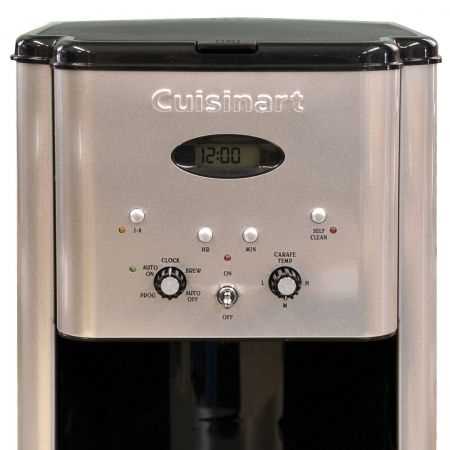
Ensuring the longevity and optimal performance of your brewing appliance requires regular upkeep and attention. Proper maintenance not only enhances functionality but also safeguards against potential issues that may arise from neglect. By following a few essential practices, users can enjoy consistently excellent results while extending the lifespan of their equipment.
Routine Cleaning Procedures
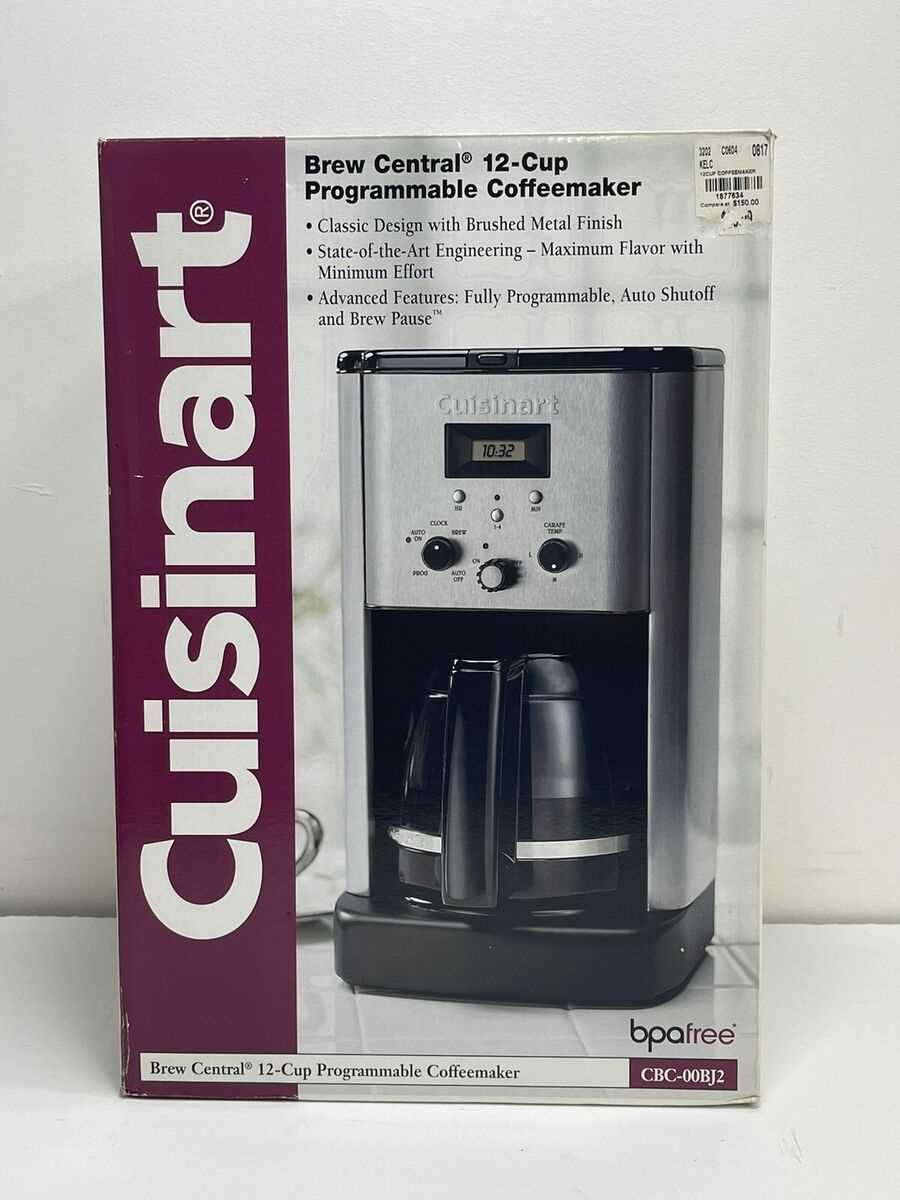
Regular cleaning is crucial for maintaining the efficiency of any brewing device. After each use, it is advisable to remove any residual coffee grounds and rinse the components thoroughly. Utilize a soft cloth and mild detergent to wipe down the exterior and interior surfaces. For deeper cleans, consider using a mixture of water and vinegar to descale the internal components periodically, ensuring that all passages remain unobstructed.
Storage and Handling Tips
When not in use, store the brewing device in a cool, dry place to prevent moisture buildup. Avoid placing heavy items on top, as this may lead to damage. Always handle the machine with care, especially when attaching or detaching components. Proper handling ensures that connections remain secure and minimizes wear and tear on sensitive parts.

